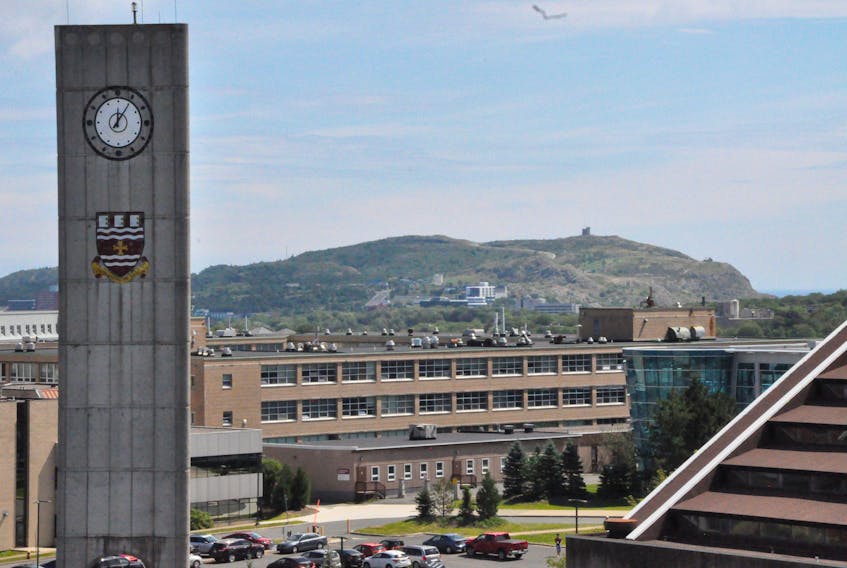I wish to thank Matt Barter for his letter to the editor of Saturday, May 18 (“Is MUN’s student union adequately representing students?”) and wish to address one issue that he raises, that of “administrative bloat” at the university.
Full disclosure: I am a recently retired university administrator, having spent the last dozen years of my career at Memorial.
While I don’t have the exact numbers, I am quite sure that the number of university administrators has indeed increased over the past couple of decades. But I believe it is for a good reason: universities today are being called upon to assume more of society’s pressing issues than ever before.
In the first place, universities have been rightfully seen as engines of innovation. Faculty members and students have been asked to undertake much more basic and applied research. This has meant the hiring of technicians to run more and more complex equipment dealing with genomics, nanotechnology, computers, etc. These technicians are considered part of the administration.
As the scope of research has expanded, so has the number of buildings. For example, the university now operates marine research stations in Logy Bay, Conception Bay South, Holyrood, Rocky Harbour and other areas. Arguably, these centres have helped to position the university as a world leader in cold ocean science. This expansion has required the hiring of additional administrative staff.
If society is to advance in the knowledge economy, it must transform some of its innovations into commercial opportunities. As a result, the university has created a number of centres that foster entrepreneurship. These centres help students and members of the public to transform their ideas into businesses. Again, the employees of these centres are considered to be part of the administration.
With our declining population, the university has become a major gateway for faculty, staff and students to move to the province. These people must be recruited, settled, helped with their English and encouraged to remain in the province by helping with visas and other bureaucratic barriers. Again, the employees of who help them with these tasks are part of the administrative side of the university.
The university is asked to make accommodations for all students — including students living with disabilities, indigenous students and students from other diverse cultural backgrounds.
This requires administrative staff who have the mandate of making sure the university adapts to meet their special needs.
And as society evolves and as social expectations rise, the university has had to hire administrative personnel dealing with workplace harassment, risk management, information access and privacy protection, and environmental sustainability. Again, the personnel in all these areas are considered to be in the administration.
Is this increase in the administration considered “bloat,” or is it instead a reflection of a university that is doing more than ever before to meet its social obligations?
Before I close, I would like to address the issue of the “$600 dinners” that keeps popping up in various places as an example of administrative excess. I don’t have the numbers for how much the university spends on entertainment but I assume it is minuscule in the overall budget.
Here’s what I do know: the university has a very stringent policy on entertainment and it oversees this policy very strictly. The entertainment budget is meant to be spent to host guests, who most often include volunteers who offer their time free of charge to the university by delivering a lecture, sitting on a committee, mentoring entrepreneurs, or otherwise sharing their expertise to improve the university. It is a token of thanks that is far below what the “market value” of the donation represents.
The entertainment policy also allows professors to host outside candidates for vacant positions in their faculty. In addition to being good hosts, a dinner with the candidate offers an additional opportunity to evaluate the candidate. The policy also allows the senior executive to host prominent visitors to the campus.
It is in the nature of Newfoundlanders and Labradorians to be welcoming to visitors.
I would hate to think that we are penny-pinching to the point where the university does not have the ability to reflect this part of our culture to visitors and guests.
Mike Clair,
St. John’s
RELATED:








